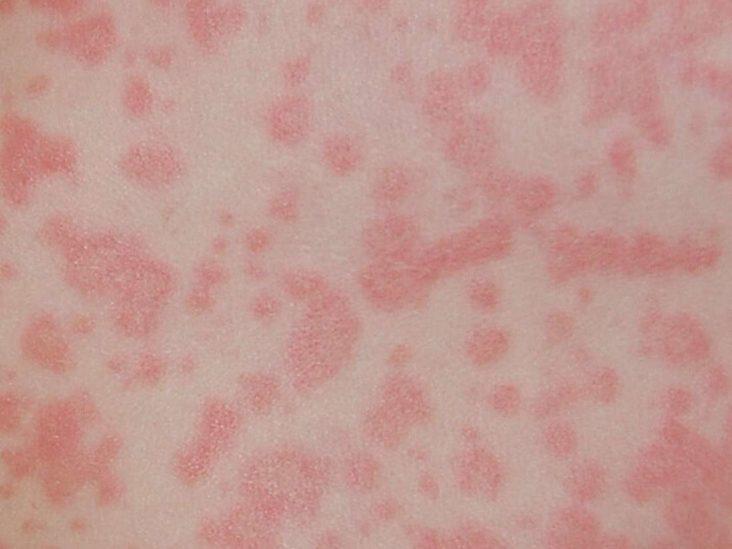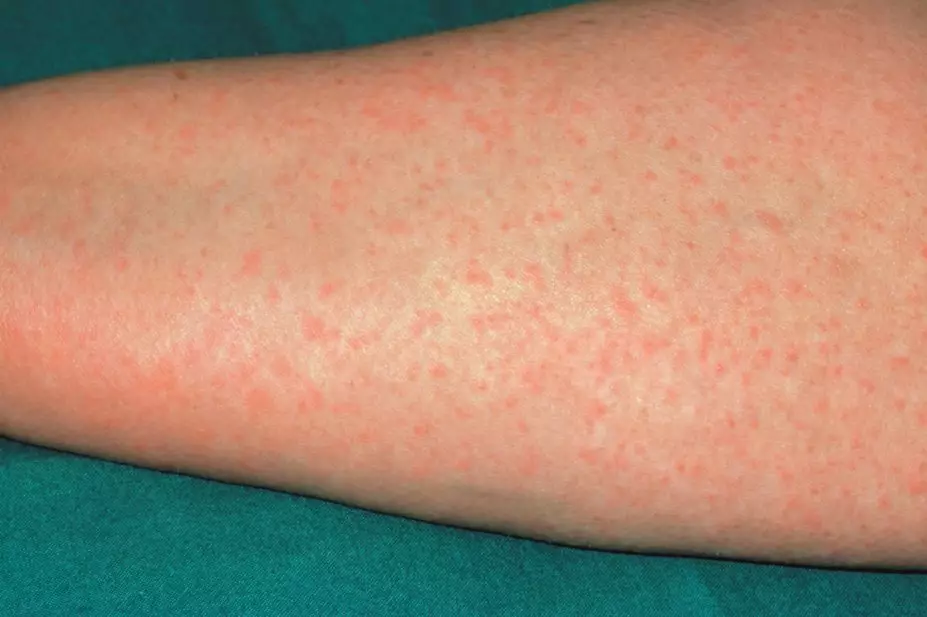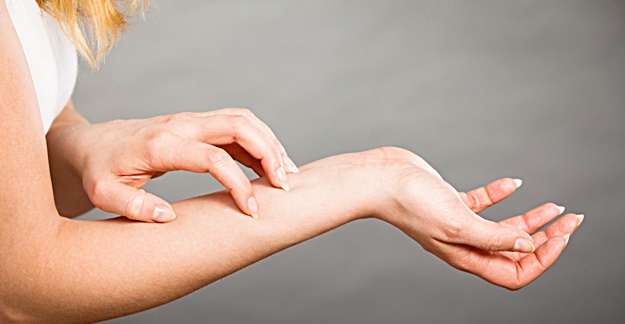First your doctor will use a tiny needle to prick your forearm and give you a weak dose of penicillin. Your healthcare provider will give you small doses of the antibiotic over a few hours.
Desensitization may be done after you have a reaction if you need to be treated with the antibiotic again.

Treatment for severe allergic reaction to antibiotics. The needle will barely break your skin. If you have an allergy you. This drug opens up the bodys airways improves blood circulation and relaxes the body.
Severe allergic reaction in their lifetimes Lieberman 2006. Generally mild cases of allergic reaction can be treated with antihistamines. Immunotherapy or allergy shots.
Treatment options for chronic or severe allergies include. However people should not try to treat severe allergic reactions on their own and avoid self-medication at all costs. But if youre concerned or your symptoms dont get better with treatment call your GP for advice.
These mild to moderate allergic reactions can usually be successfully treated by taking antihistamines. It takes about an hour. Then there is the delayed reaction which can happen after the entire series of antibiotic has been consumed.
Epinephrine is used for more severe symptoms of allergic reaction. Epinephrine is medicine used to treat severe allergic reactions such as anaphylaxis. If your child develops hives you can treat the reaction with over-the-counter Benadryl following age-appropriate dosing instructions.
Stevens-Johnson syndrome is a rare disorder in which the skin and mucous membranes have a severe reaction to a medication. But severe cases would require administering epinephrine injections. Immunotherapy can be between 90 and 98 percent effective at reducing allergic reactions.
Antihistamines decrease mild symptoms such as itching or a rash. The condition usually begins as a red and purple rash on the chest and back that spreads to the arms and legs. Your treatment duration and course will depend upon the severity of allergy symptoms.
If you cannot contact your GP call NHS 111. The foremost step towards treatment of an antibiotic allergy is to discontinue the antibiotic and seek immediate medical care. The rashes turn into blisters which cause the top layer of skin to die and fall off.
Dont give your child any more antibiotics until a doctor. While still dangerous and often lengthy delayed reactions move more slowly and any life-threatening symptoms usually can be treated with antihistamines and steroids. Calamine and zinc oxide are both known anti-itch topical medications.
However when severe allergic responses occur immediate administration of injectable epinephrine is vital. Topical steroids to reduce inflammation and itching. If you are experiencing a rash or hives caused by an allergic reaction calamine lotion may help soothe the itching and discomfort.
Calamine lotion contains a mixture of calamine zinc oxide and other ingredients. If your allergic reaction to a drug is not life-threatening your allergist may give you. An antihistamine to counteract the allergic reaction A nonsteroidal anti-inflammatory drug such as ibuprofen or aspirin or a corticosteroid to reduce inflammation.
Read and follow the instructions on how to use epinephrine shots. Often the person suffering the response is unable to self-administer his or her injection or has no previous history of allergic responses and is unequipped for the situation. The first principle of management is the withdrawal of the causative drug.
Epinephrine is a prescription drug and this may be dangerous to those who have certain health conditions. How is an allergic reaction to an antibiotic treated. Oral antihistamines for symptomatic relief of urticaria.
Frequent emollients to improve dryness and symptoms. Epinephrine is medicine used to. Systemic steroids for drug hypersensitivity syndrome.
The Australasian Society of Clinical Immunology and Allergy recommends that for a severe allergic reaction adrenaline is the initial treatment. What is the treatment for antibiotic reactions. If you are allergic to antibiotics you may be instructed by a doctor how to avoid triggers and if severe may instruct you how to use a self-administered adrenalin injection such as EpiPen.
/penicillin-allergies-2634584-01-8e7ad55b8d914e23a20b9597af84dc63.png)
Children And Penicillin Allergic Reactions

Approach To Beta Lactam Allergy In Critical Care Emcrit Project

Penicillin Allergy Identification And Management The Pharmaceutical Journal

Treatment And Prognosis Of Antibiotic Related Severe Cutaneous Adverse Download Table

8 Management Of Allergy Rashes And Itching Emergency Medicine Journal

Amoxicillin Rash How To Identify And Treat

How Can You Tell If You Have An Amoxicillin Rash

What To Do If You Have Allergic Reactions To Antibiotics Medshadow

Amoxicillin Rash Treatment Of Skin Rash For Adults And Toddlers
